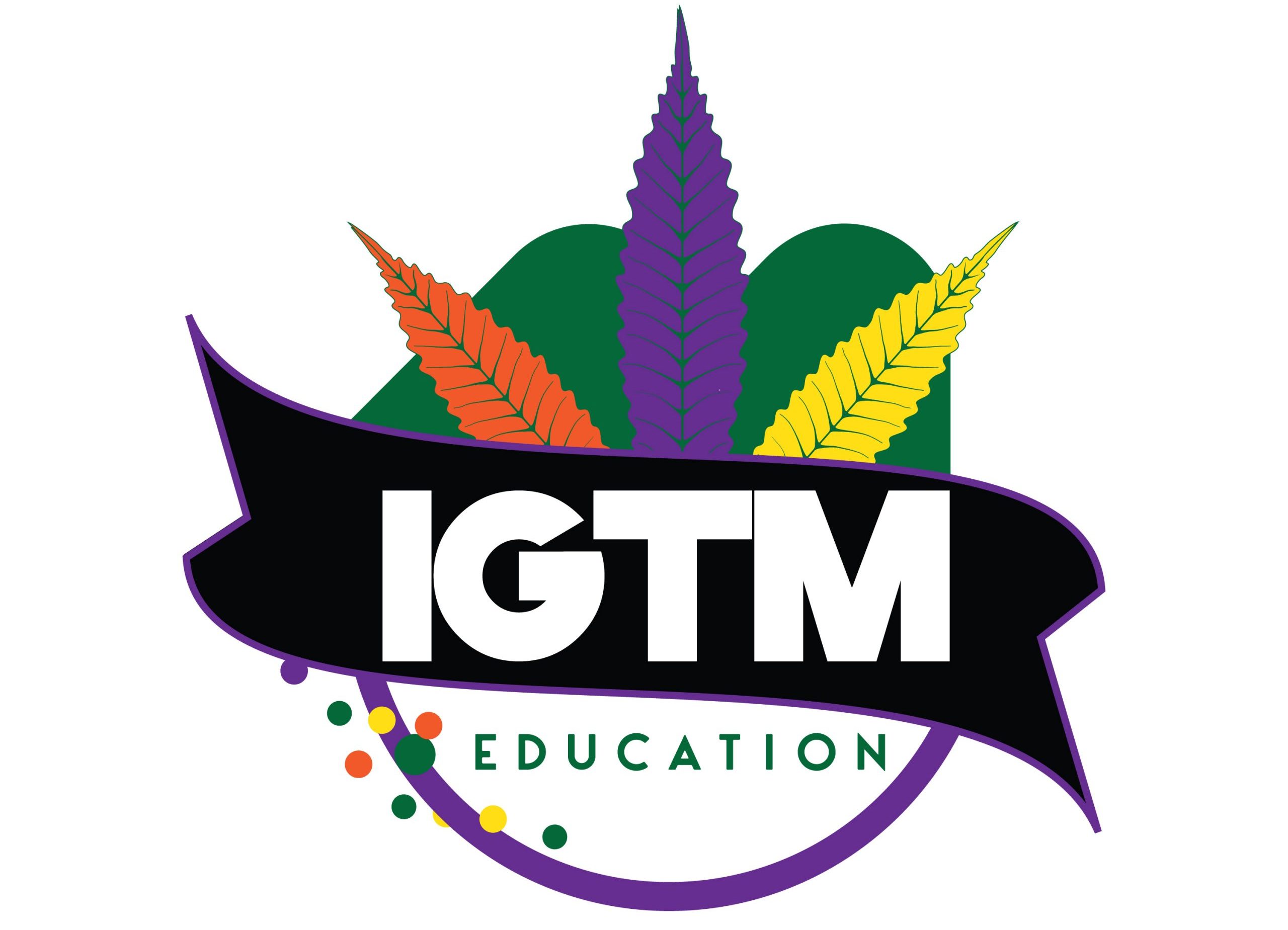
Ball Family Farms shares what it is doing differently after having its Instagram page shut down, while marketing agency Cannabis Creative Group outlines social media best practices for the industry.
Ball Family Farms, one of the first social equity cannabis licensees in Los Angeles, relied heavily on social media, particularly Instagram, to launch its business and promote new products before its page was shut down two months ago, wiping away the 120,000 followers the company had worked so hard to build.
Their story—and their frustration—is familiar in the cannabis industry, where businesses have long fought “shadow bans” on Facebook (when the platform omits cannabis-related pages and hashtags from users’ search results) and posts that are flagged and taken down for less-than-clear reasons.
RELATED: Facebook Users Can Search for Cannabis Pages Again, But Confusion and Obstacles Abound
While it can be difficult for cannabis businesses to navigate social media, Ball says it is well worth the effort.
“We can use the website some but that’s not as effective when it comes to being culturally in the space,” he says. “Everyone’s on Instagram. Everyone’s on TikTok. So, that’s where we tend to promote and create brand awareness.”
Dan Serard, director of business development for Cannabis Creative Group (CCG), a cannabis-specific marketing agency, agrees.
“It’s an amazing platform to showcase their products and really highlight their business across the board,” he says.
So, what’s a cannabis marketer to do?
Lessons Learned
As Ball Family Farms works to get its original Instagram account back up and running, it has started a second account to continue reaching its customers.
“We’ve kind of started from square one,” says Frankie Segal, a branding and marketing manager for JNF Creatives, the brand management agency that runs the day-to-day operations of Ball Family Farms’ social media pages.
The company’s backup Instagram account has amassed roughly 1,200 followers so far, and Segal is actively working to get Ball Family Farms’ original account reinstated, although it has been slow-going.
Overall, the company uses its Instagram page to promote new product launches, Segal says. “That’s our way to introduce the new strains and reach our customer base. It’s also a way for us to be able to connect directly with our customers to see which strains they want to see, which ones are their favorite, and that helps us develop ongoing strategies for whatever other products we’re going to come out with.”
Segal notes that Ball Family Farms would never sell its products directly through Instagram, and she says she is unsure why the company’s account was shut down in the first place.
“We’re not doing anything illegal,” she says. “We were basically just promoting that our product is legally available at these dispensaries.”
Nevertheless, over the past year, Ball Family Farms’ original Instagram account has had several posts flagged as violating the platform’s community guidelines. Segal says she isn’t even sure if the posts are being flagged by Instagram users or by the platform’s algorithm.
Roughly two months ago, Ball Family Farms received a message from Instagram that its account had been deactivated for violating community guidelines, and Segal and her team set to work appealing the decision.
“They keep telling us it’s going to get back up this weekend, next week,” she says. “We just keep getting the date pushed back. We’re waiting for it to go back live but in the meantime, we’re building up our back-up account.”
Ball says the situation has been particularly frustrating because the company is currently in the process of launching two new strains, and without a robust following on its new Instagram account, Ball Family Farms is having a difficult time sharing the news with its customers.
“I run into people and they’re like, ‘What happened to your Instagram? I was trying to see what’s going on with you guys and it’s not there,’” Ball says. “Not everybody really knows that there’s a back-up page and there’s really no way for us to scream that from a mountaintop. When you start a new page, you’ve only got 1,000 eyes on it as opposed to 30,000.”
Ball Family Farms has started relying more on its email list for marketing efforts, Segal says, but those contacts are generally customers who already have an established relationship with the brand.
“We put in a lot of work to build up that account and it’s been really amazing to see it grow, so to see it taken down for a reason that’s not even valid is frustrating,” she says.
But due to the setback, the Ball Family Farms team has learned what worked well for them in the past, as well as some valuable lessons that will help realign the company’s social media strategy going forward.
Segal says it is important for cannabis businesses to share content that tells the brand’s story and shows what sets it apart. For Ball Family Farms, this means that the company’s social media content focuses on Ball’s background as one of the first social equity licensees in Los Angeles.
Also important is the creativity behind the posts, Ball adds. “I take a lot of pride in doing a lot of high-quality, visual things on our page, whether that’s taking a clip from a movie scene that we’ve named one of the strains after or creating original interactive … content. We have a lot of stuff that we had planned on doing—skits with me and some of the staff members, … going out and creating that live content instead of just posting pictures of weed all day.”
“We got an amazing response from our audience when we were creating that kind of content,” Segal says. “People were really engaging with it before we got our account shut down, so we’re going to push forward with that.”
The company also plans to continue its work with influencers, especially during new product launches. For example, to celebrate 4/20, Ball Family Farms did an Instagram campaign where a group of influencers passed a blunt around virtually, from screen to screen.
In the future, though, Ball says the company will include more disclaimers on its page that remind users that Ball Family Farms does not sell its products through Instagram.
“If you are promoting cannabis, always put that there’s nothing for sale,” he says. “It’s something we didn’t do enough of with all of our posts. … Be over-communicative about how you’re not selling anything. It may be redundant. It may look like, ‘Why are they always saying this?’ It may take away from the integrity of the content, but you have to do it if you want to keep your page up.”
Segal notes that the company will also be more conscious of the wording and verbiage it uses in its posts.
“We can’t control everything, but at least having an idea of what sort of things will 99.9% get flagged, that’ll definitely help you,” she says.
Best Practices
As a marketing professional in the cannabis space, Serard has some idea about what sort of content will get flagged, and in fact, CCG maintains a list of cannabis-related hashtags to avoid on Instagram.
“You’ve got to be careful about how you play the game, essentially, for each different platform,” he says.
RELATED: 7 Social Media Tips for Cannabis Businesses

CCG helps its clients with content creation and boosting engagement on social media. The team also has a few recommendations on how to avoid being shadow banned, which include not engaging with spam activity that Serard describes as masked unfollowing or following, using third-party apps to grow an account’s following, or paying for followers.
Instead, companies need to consider who their audience is when setting their social media goals.
“Let’s say, we work with a dispensary in Amherst, Mass.,” Serard says. “If their goal is to have a social media following of a million people, well, there’s not a million people in a 50-mile radius of Amherst. So, they’re going to end up paying for followers, they’re going to do a mass following, and all of those followers or a good amount of them aren’t actually going to engage with their dispensary.”
Cannabis companies should instead focus on quality over quantity when it comes to followers, Serard says, and CCG’s goal as an agency is to help its clients connect with engaged followers who are actually going to interact with their businesses.
Since most platforms prohibit cannabis companies from placing paid advertisements, Serard says it’s important for businesses in the space to build an organic reach to their target audiences.
“It’s a follower strategy and it is very time-consuming,” he says. “There has to be a well thought out follower strategy to build that audience, where you’re looking at events that might be happening in the area … [or] you’re looking at other dispensaries who are following other dispensaries.”
To stay within the platforms’ guidelines, cannabis businesses should avoid selling language, such as posting about specific discounts or pricing on specific products, Serard adds.
Instead, he says companies should focus on content that promotes their business as a whole.
“What’s different about your business as compared to others in your area?” he says. “How are you working with the community? Do you have any sustainability practices? Really focus on that part of your businesses versus ‘we sell cannabis.’ … It’s the education piece that’s going to be more sustainable for your page than if you’re trying to promote product sales.”
If a cannabis company’s account—or one of the account’s specific posts—gets flagged despite the business’s best efforts, Serard says the company should follow the steps outlined by the platform to appeal the decision.
“There’s a checklist that says my Instagram account was deactivated, and you have to appeal your case and submit it for review,” he says. “You’re kind of at the discretion of Instagram, but there’s an automatic appeal section on Instagram that will help you do that.”
Serard recommends that business owners speak to someone with experience in getting social media accounts reinstated to make the most of what could be one opportunity to get your page back online.
“Instagram or Facebook, they’re so big that they’ll give you a one-shot opportunity, if you will, and you don’t want to keep appealing and keep appealing [because] essentially, that’s going to get flagged in the system that you’re contacting them every day,” he says. “But if you are working with someone who has been through that and who has worked with someone to get their Instagram page up or Facebook page up, they have a better shot at it.”

